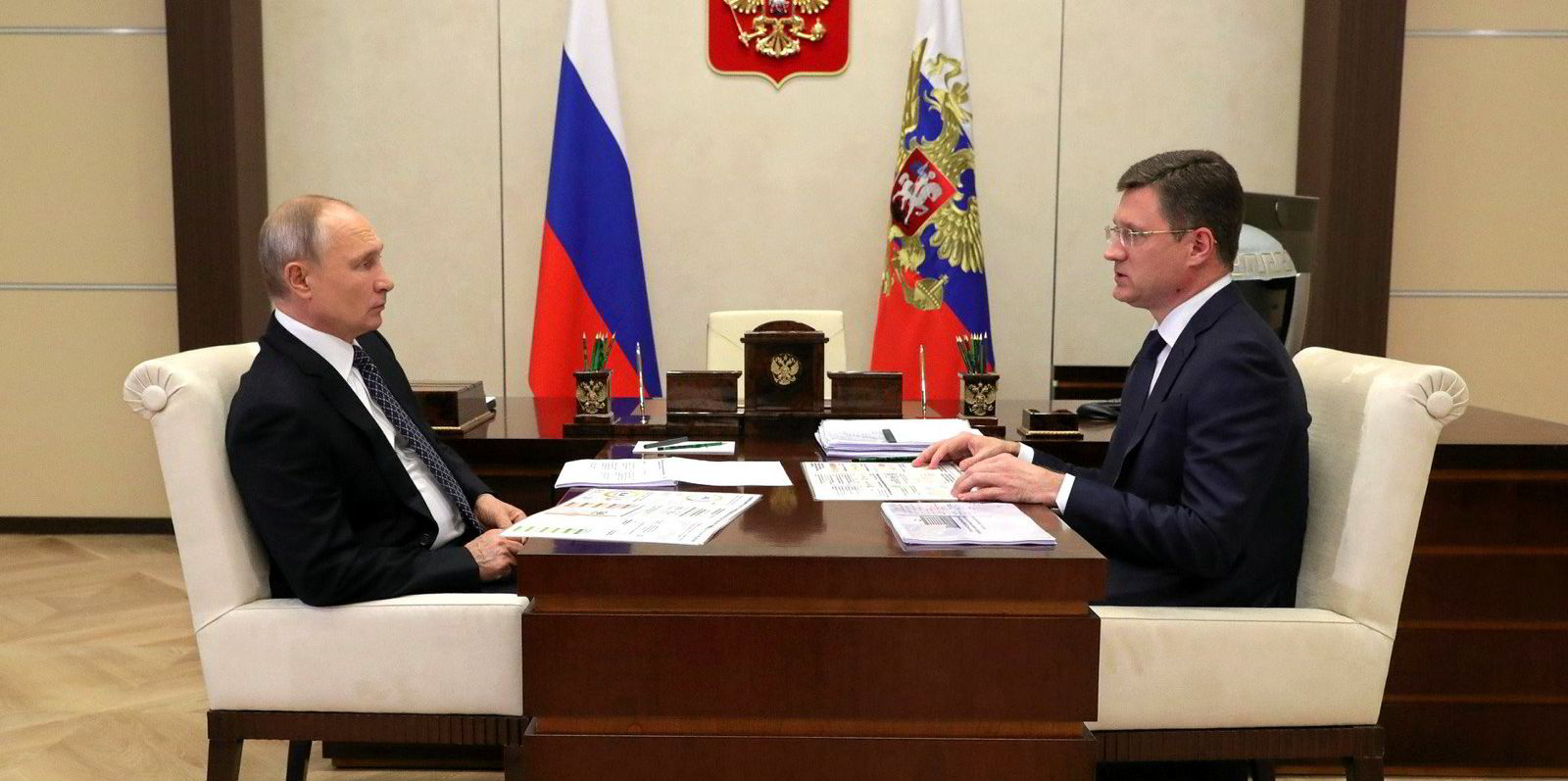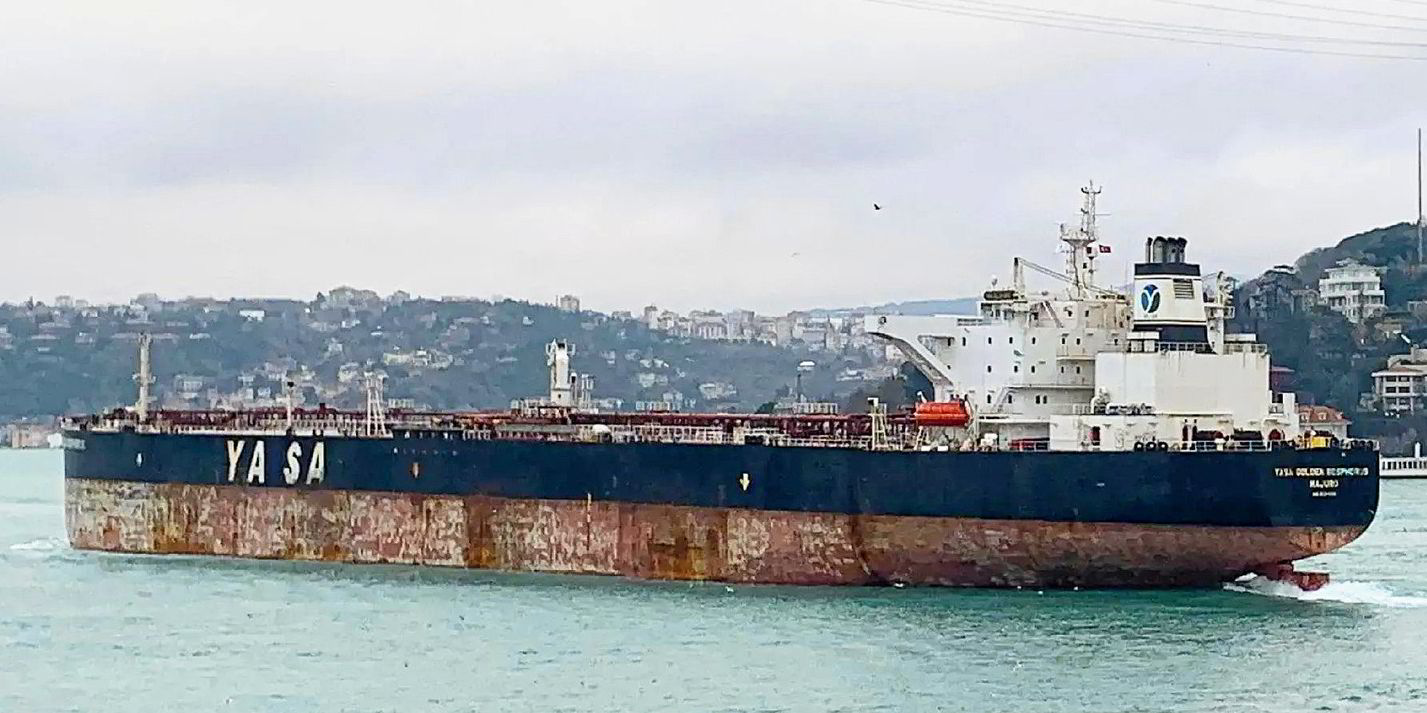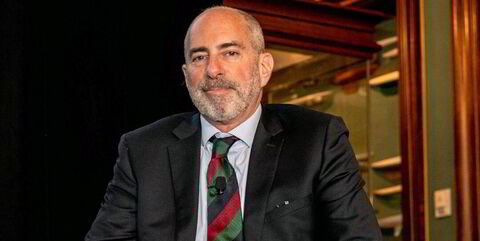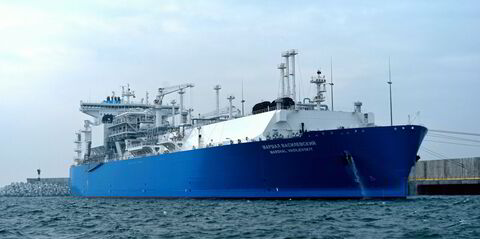The Russian oil price cap has failed because of a central flawed theory that Western maritime services were too vital for Russia to ignore, a parliamentary inquiry has heard.
Richard Bronze, founder of commodity data firm Energy Aspects, said the migration of the tanker trade from Western service providers to “shadow operators” exposed the failings of the scheme.
“The theory was there but I think, in practice, it just hasn’t worked,” Bronze told a committee assessing the success of the UK’s sanctions regime against Russia.
Emma Hardaker, the head of financial crime and compliance at Lloyd’s of London, cited research from the Kyiv School of Economics suggesting that about three-quarters of Russian oil was being hauled by the shadow fleet.
She told the hearing that the Lloyd’s insurance marketplace would not be involved in covering those vessels.
G7 countries have also tightened the rules over the documents that protection and indemnity clubs require as proof that Russian oil is being hauled below oil price caps.
Western maritime service providers can only become involved in Russian oil shipments if the oil is sold below the price of $60 per barrel for crude, and $100 or $45 for refined products.
But Russia’s main Urals export grade is currently trading just below $70 a barrel, down from $80 in the middle of last month.
“We’re seeing less and less of Russia’s oil exports relying on Western vessels or Western financial services,” Bronze told MPs.
“The idea, the premise, at the heart of the price cap was that access to these Western maritime services was so important that it would give buyers in third countries the leverage to force Russia to sell its oil below the price cap.
Big migration
“And I just never think we’ve seen that behaviour. Instead, what we’ve seen is a big migration of those flows to vessels that are colloquially called part of the shadow fleet.”
The shadow fleet refers to ships subject to light regulation, with opaque ownership or control and often with limited previous experience in mainstream tanker trading.
They vessels are often marked by their veteran status — some more than 20 years old — and operate in sanctioned markets such as Russia, Venezuela and Iran.
In written evidence to the Treasury select committee, the international group of P&I clubs said that about 800 tankers had left the 12 club members because of the demands of the price cap.
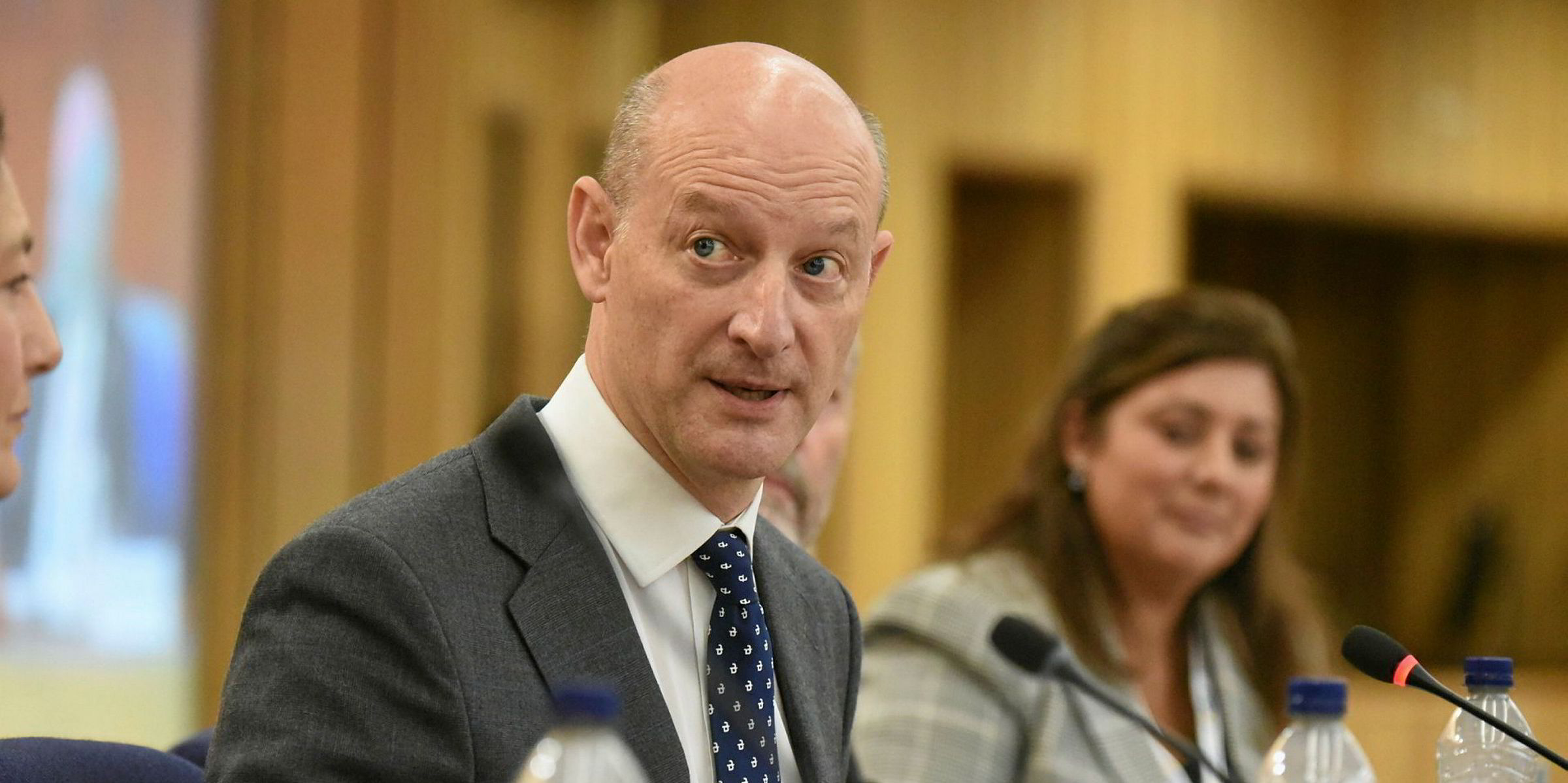
It said the cap therefore “appears increasingly unenforceable as more ships and associated services move into this parallel trade”.
BRS Group said earlier this month that about 787 tankers were part of the grey fleet of tankers hauling sanctioned oil, including Russia, Iranian and Venezuelan barrels.
That represented a rise of 17% from the end of 2023 with the biggest growth going to the Russian trade and enough shadow tankers for Russia’s crude exports, it said.
Bronze said his organisation’s research suggested a fleet of about 250 to 300 crude carriers lifting Russian oil every quarter.
But the UK government’s own guidance suggested that the price caps had been effective owing to the prevalence of “highly sought after” maritime services provided by G7 countries.
“It is very hard to make major trades or gain significant market share without using G7+ services at all,” it claimed in a frequently asked questions document aimed at the industry.
The unwillingness of countries such as India and China to enforce the cap or reduce their imports meant that the limits of the price cap were being reached, Bronze said.
“The mechanism … in terms of the access to Western shipping and services hasn’t proved anywhere near as effective as it was hoped,” he said.
Following a shuffle of top positions in Russia’s government, Deputy Prime Minister Alexander Novak has been given extra duties to blunt sanctions targeting Russia, according to state media.
Bronze said the danger was of an oil spill from an underinsured or badly maintained vessel, he said.
“If something terrible does happen, we’re all going to regret we hadn’t paid more attention to this and let something that could have been preventable happen,” he said.
The UK sanctions regulator is due to give evidence to the Treasury committee at a later date.
Read more
- UK to hit Russia sanctions busters with fines as oil cap probe ramps up
- Russian cargoes stuck on tankers as buyers get cold feet
- Targeting ‘enormous’ tanker shadow fleet with fresh sanctions could spark global economic shock
- Chinese buyer snaps up Fractal Shipping-linked VLCC
- Swedish Club reports thirtyfold increase in paperwork to meet Russia oil cap demands
